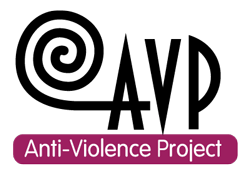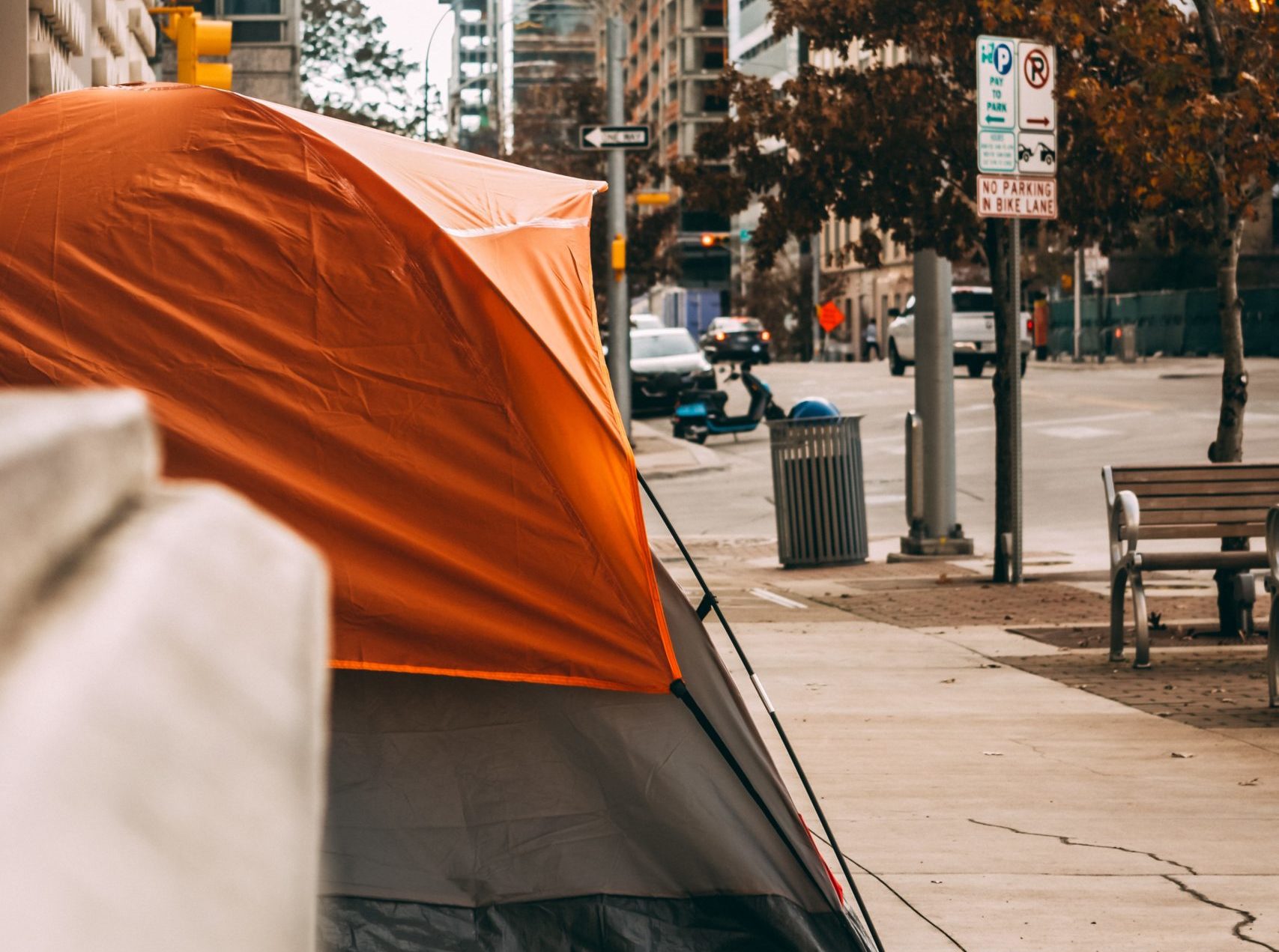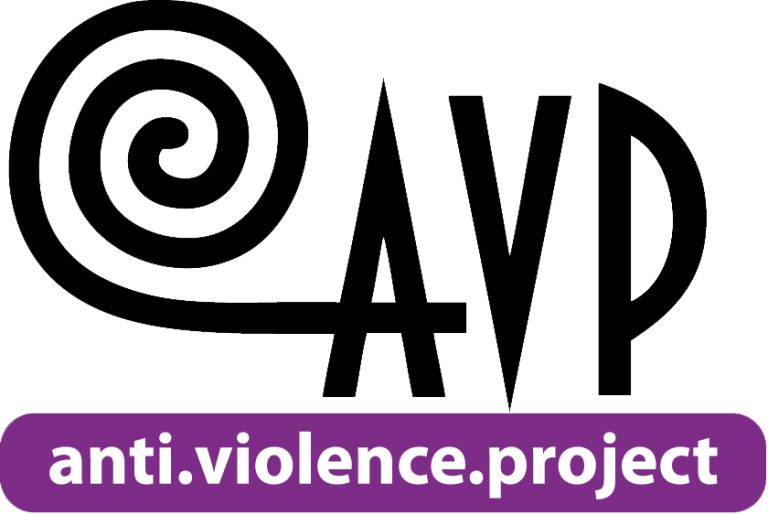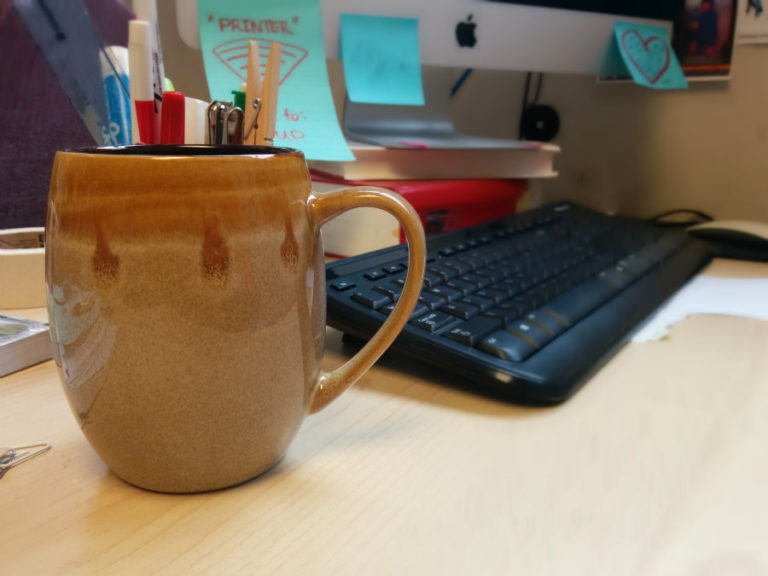An open letter against policing at the Topaz Park homeless camp
Dear Victoria City Council:
As the student-funded sexual assault centre based on the University of Victoria campus, the Anti-Violence Project has recently had to re-orient our services to better serve our on and off-campus community during COVID-19. Research has shown that rates of violence, including sexualized and gender-based violence, increase significantly during times of crisis such as these. Last month, both the executive directors of the Victoria Women’s Transition House and the Victoria Sexual Assault Centre, Mackenna Rielly and Elijah Zimmerman, were cited by Victoria News as bracing themselves for an influx of survivors of sexual assault and domestic violence needing their services as a result of the pandemic. Marginalized groups, such as women and trans, non-binary and two-spirit individuals, are more vulnerable to these forms of violence, especially if they are homeless or precariously housed. We know this to be true from our day-to-day work, and we hope that you agree, given the funding allocation you’ve provided to establish the camp at Topaz Park to support one of our city’s most vulnerable populations.
It is because of our shared focus on addressing violence against marginalized groups in our community that we reach out to you to strenuously object to increasing the presence of and budget allocation for Victoria police officers to attempt to control the situation at Topaz. We have heard from our colleagues who work with the street community that sexualized violence and gender-based violence at Topaz Park is not being appropriately addressed.
While sexual assaults may have happened at the camp, over-policing is not protection, nor does it facilitate reporting. AVP knows from our work in this field that not all survivors wish to report to the police. Cops are often not regarded as “safe” to speak to about violence, especially for marginalized folks who have faced criminalization and may experience further violence at the hands of police and the criminal justice system. Sexual assault is incredibly violating, and studies have shown that survivors experience persistent trauma throughout the reporting process. Because of this, we believe that reporting to police should always be a decision that rests with survivors.
Our community’s responsibility to survivors is to provide adequate support for healing. This includes freedom from increased surveillance and criminalization, as well as meeting basic needs such as shelter and sustenance.
It is our responsibility to listen to the voices of those we are trying to help.
An increased police presence is not what the people at the Topaz Park camp are asking those on the ground to facilitate. Camp residents have expressed the exact opposite, that police are not supports for them and that increased police presence raises tensions and leads to more stress, strain, and violence. Trained mental health service providers, harm reduction teams and peer-run organizations are better suited to meet the emotional and survival needs of these survivors and therefore deserve increased funding.
We are also cognizant that there are racial implications of supporting increased policing. An estimated one-third of homeless people in Victoria are Indigenous, and Indigenous communities (especially Indigenous women and two-spirit folks) have been profoundly impacted by the Canadian state’s use of police to seize Indigenous children as part of residential schools, the 60s/70s scoop apprehensions, and in the ongoing “child welfare” context. As well, police violence against sex workers is well-documented and many Indigenous sex workers are both survivors of sexual violence and survivors of police violence. Increasing police activity through budget allocation also has implications for Black people in the street community, who have also been disproportionately targeted, racially profiled, incarcerated, and subjected to police violence. Over-incarceration of Indigenous and Black people, and discrimination throughout the legal system, is widely recognized and Indigenous and Black advocacy groups (including the Union of BC Indian Chiefs, the Western Aboriginal Harm Reduction Society, and the Black Legal Action Centre) have expressed grave concern about the implications of over-policing on Indigenous and Black people during COVID-19.
Increased arrests and law enforcement are particularly concerning given that courts are largely shut down for non-emergency matters, and COVID-19 is sweeping through Canadian jails and prisons.
For these reasons, we advocate that you do not increase the 2020-21 Victoria Police Department budget allocation, and instead refocus these funds to harm reduction teams and street-level/peer-run organizations that can support survivors at Topaz and increase community resiliency for the street community in these extraordinary times.
With care, and in solidarity,
The Anti-Violence Project
For any inquiries about this matter, please contact our Community Relations Coordinator, Serena, at community [at] antiviolenceproject [dot] org.







